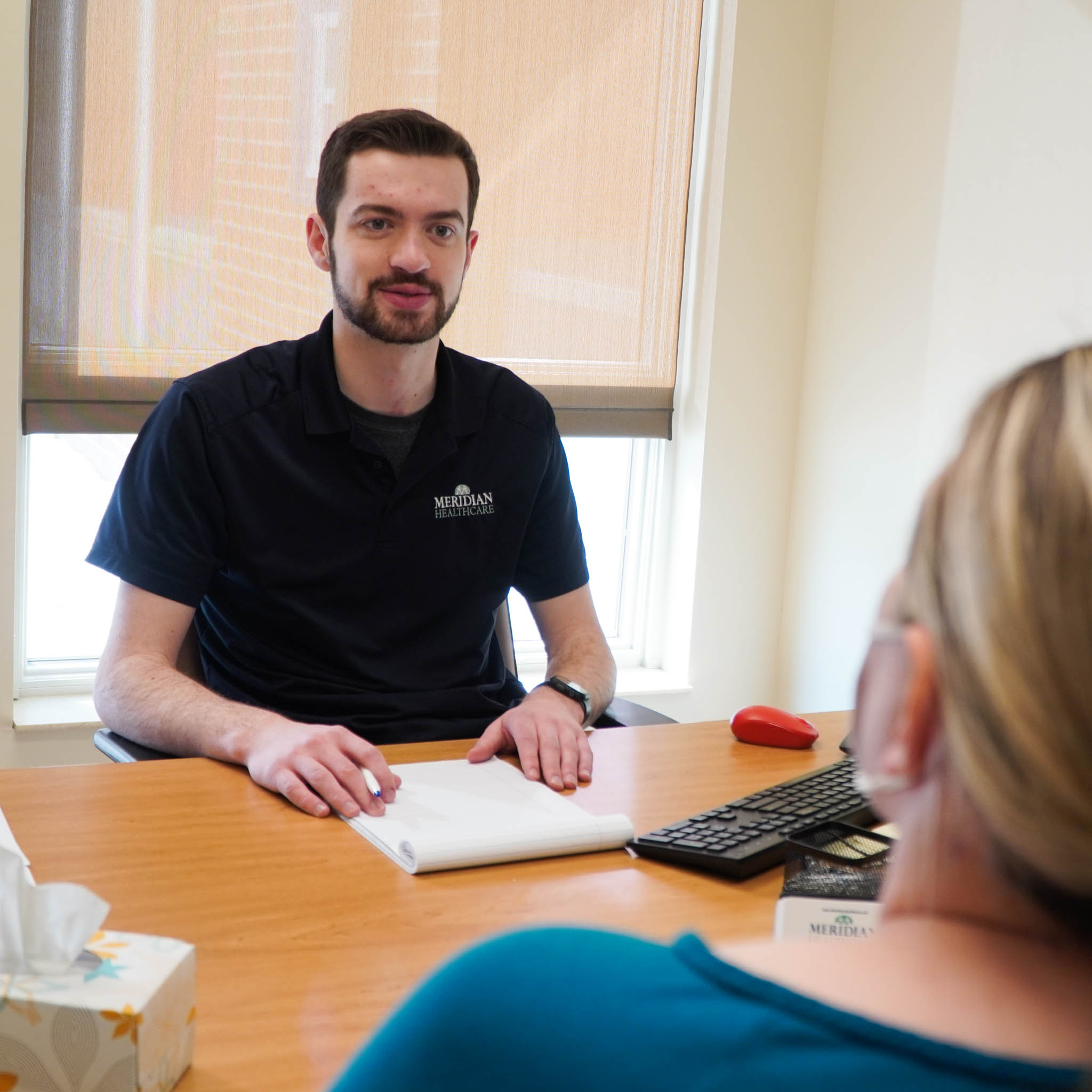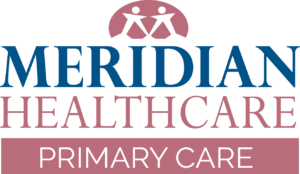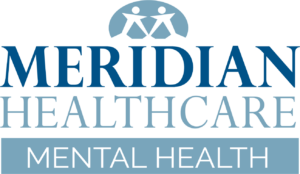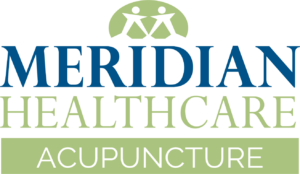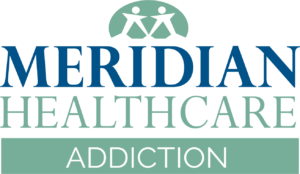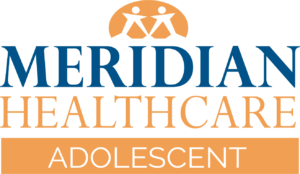Post-Traumatic Stress Disorder
If you or a loved one are struggling following a traumatic experience, a mental health professional can help.
Traumatic events can induce an intense stress response that often lingers long after the incident is over. These stress responses during the months or years following an event are known as post-traumatic stress disorder (PTSD). In the United States, 12 million adults could have PTSD in any given year, according to the U.S. Department of Veterans Affairs.
While currently labeled as an anxiety disorder, the DSM-5 (Diagnostic and Statistical Manual of Mental Disorders) committee clarifies that PTSD is a “trauma and stressor-related disorder,” as reported by the National Library of Medicine.
*If this is a crisis situation, call 9-1-1 immediately.



